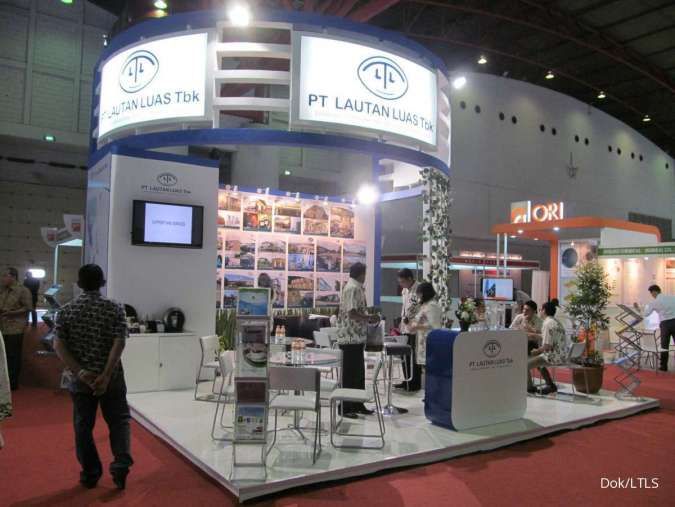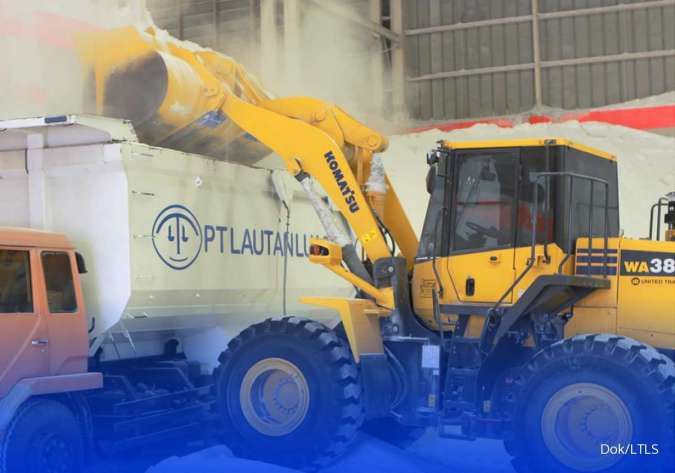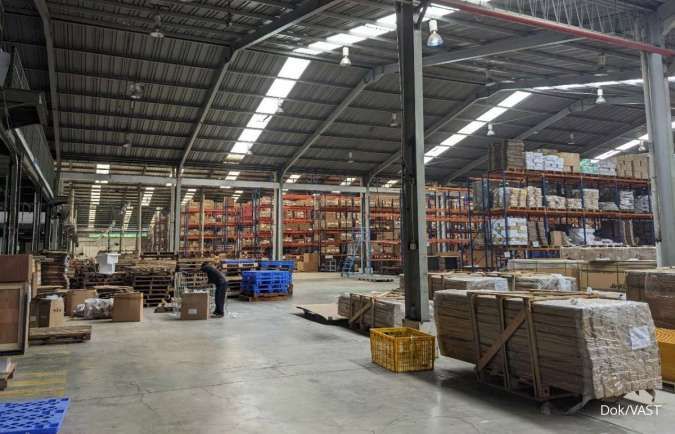KONTAN.CO.ID - JAKARTA.
PT Lautan Luas Tbk (LTLS) is preparing a capital expenditure (capex) budget ranging from IDR 200 billion to IDR 300 billion for the year 2024. "The capex for 2024 is about IDR 200 billion to IDR 300 billion, which is allocated for warehouse construction," revealed LTLS Investor Relations Manager, Eurike Hadijaya to Kontan.co.id, Monday (05/02). This year, Lautan Luas also targets revenue growth in the range of 8% to 10% with an estimated net profit in line with sales increases.
In 2024, LTLS also remains positive in seeing the demand for chemical products. Lautan Luas believes that the demand for chemical products this year will still increase compared to 2023, especially supported by the expectation of many new investments entering Indonesia.
Baca Juga: Bumi Serpong Damai (BSDE) Prepares Capex Up to IDR 4 Trillion in 2024 As a company engaged in the import and distribution of chemical materials for the batik and food industries, LTLS said the conflict in the Red Sea that led to an increase in ship freight costs had a slight impact. "LTLS suppliers are diversified from several countries, so the total import cost is not too affected. For imports from countries affected by the Red Sea crisis, there is indeed an increase, but the same thing is also experienced by LTLS competitors, so it does not have much effect on our market share," said Eurike.
Eurike added, there are exceptions for goods affected by the Red Sea crisis. "We are forced to adjust the selling price to cover the increase in logistics costs and shipping services," he revealed. Previously, the Chairperson of the DPP Indonesian National Shipowners' Association (INSA), Carmelita Hartoto revealed that the conflict in the Red Sea caused the global ship freight cost from Asia to Europe to rise by about 53% to 63.
Baca Juga: Indonesian Parliament Approves US$ 1.8 Billion Capital Top-Up for State Firms in 2024 Carmelita also explained the impact of the Red Sea conflict is very significant on world shipping. Starting from the delay in shipping goods from Asia to Europe, the increase in operational costs such as bunkers because ships avoid the Red Sea, and the increase in ship fuel consumption.





